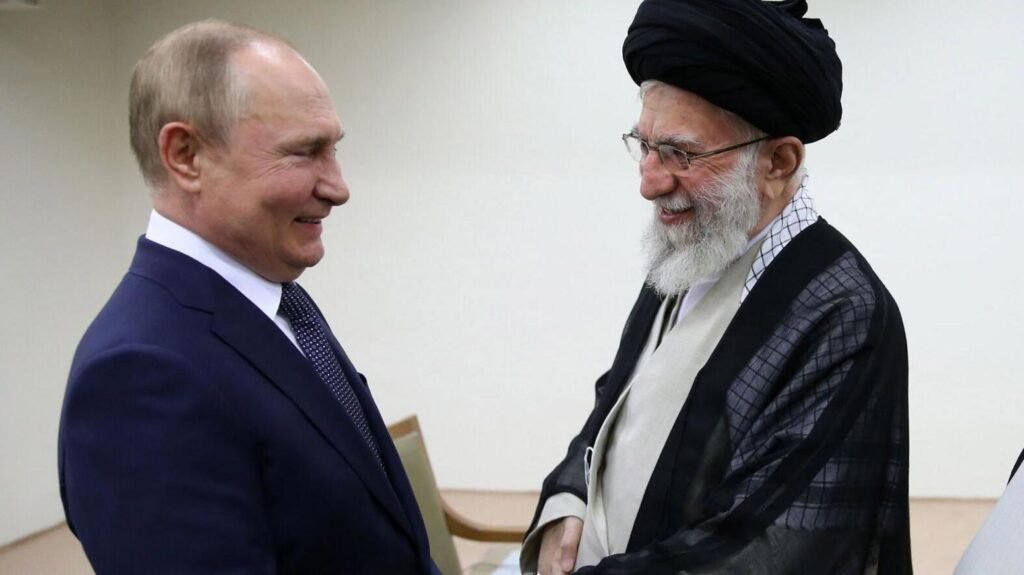WEBDESK: As Israel launched its “Operation Rising Line” against Iran, Russia termed the escalating Middle East tensions as “disturbing” and “dangerous.” Yet, despite its strong strategic partnership with Tehran, Moscow remains noticeably absent from offering any concrete military support.
When the conflict erupted, Russian media initially portrayed the scenario as potentially advantageous for Moscow, predicting a rise in global oil prices, a reduced Western focus on Ukraine, and an opportunity to portray Russia as a peace broker. One Russian outlet even headlined, “Kyiv Forgotten.”
However, as Israel’s military operations continue to escalate, cracks in that optimism are emerging.
Prominent Russian analyst Andrey Kortunov warned that the ongoing escalation poses “serious risks and potential losses” for Moscow. He pointed out that Russia has failed to deter Israel from attacking Iran, despite having signed a strategic cooperation agreement with Tehran earlier this year.
READ MORE: Putin Tells Trump Russia Will Respond to Ukraine Drone Attacks
Importantly, that deal is not a military alliance, and Moscow is under no obligation to defend Iran. Still, the Kremlin heavily promoted it as a major geopolitical achievement, especially during Putin’s war in Ukraine, where Iranian drones have been a crucial asset.
Moscow now faces another strategic setback in the region. Over the past six months, it lost a close ally in Syria, as Bashar al-Assad’s regime collapsed. Reports suggest Russia even offered Assad political asylum.
With the possibility of regime change in Iran and another ally at risk, Moscow’s influence in the Middle East appears increasingly fragile.
Russian Foreign Minister Sergei Lavrov recently stated that the Russia-Iran pact aims to enhance regional and global stability, particularly in security and defense cooperation. But so far, those ambitions have remained words, not actions.
The Kremlin’s silence beyond political condemnation signals its inability—or unwillingness—to act militarily. For now, Putin appears more focused on domestic optics, attending the St. Petersburg International Economic Forum this week. Once called “Russia’s Davos,” the event has lost its global shine after Western companies distanced themselves following Russia’s invasion of Ukraine.
Still, Russia is using the event to project international relevance, claiming over 140 nations are participating, despite its growing isolation.
The bottom line: As the Middle East crisis deepens, Russia finds itself on the sidelines—its promises to Tehran tested, and its global strategy under pressure.



2 Comments
Pingback: Noor Zaman, Nasir Iqbal Storm into Pre-Quarterfinals at Asian Squash Championships - Media Bites
Pingback: Ceasefire in Iran: Netanyahu claims victory, US Intelligence says damage limited - Media Bites